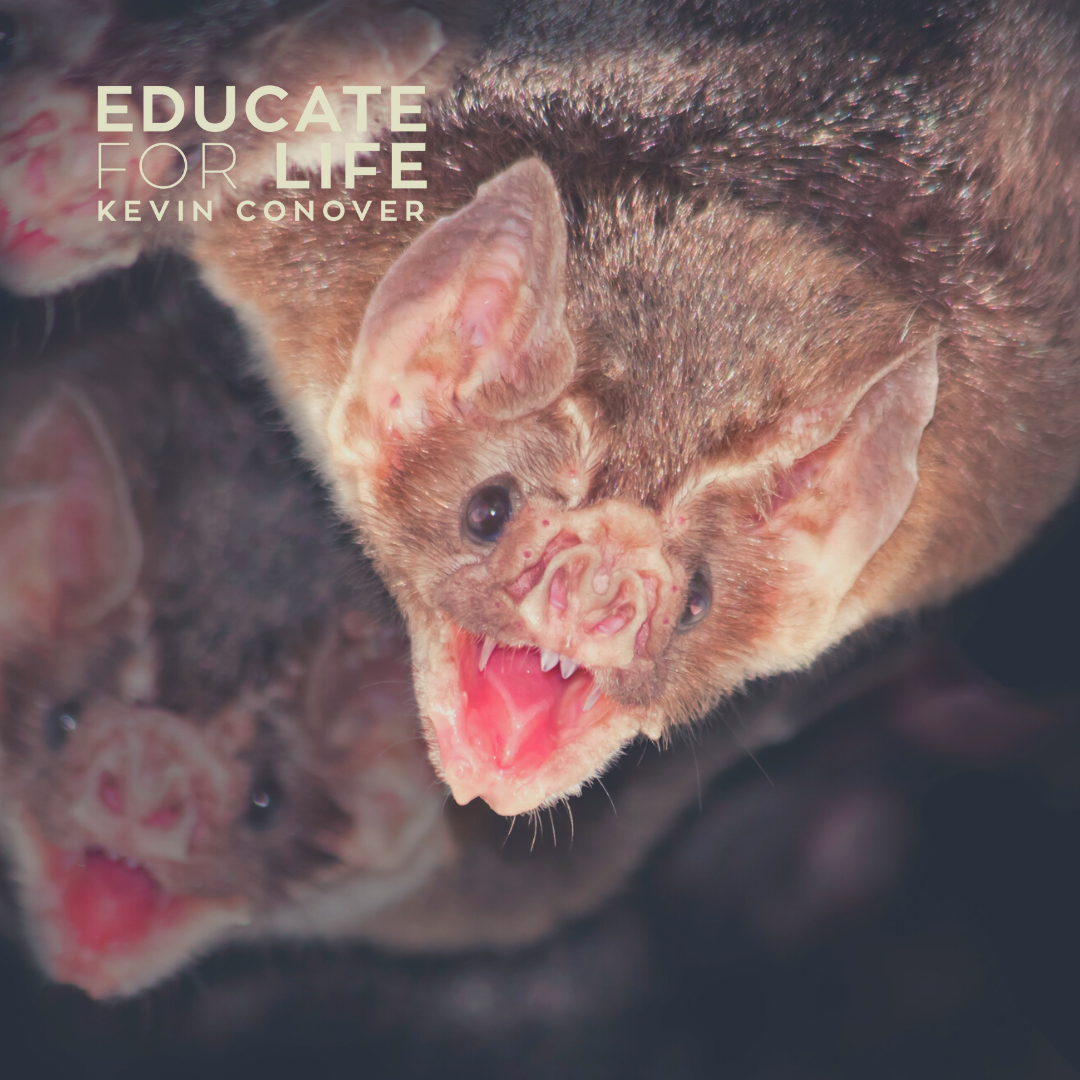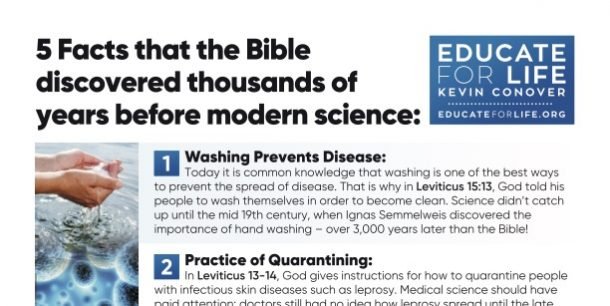The vampire bat survives by stealing and drinking the blood of large mammals, but has this always been the case?
Creation biologists have long wondered how vampire bats started to crave and drink blood when the Bible clearly teaches that there was no death or bloodshed before the Fall. Some scientists have suggested that insect-eating bats developed this blood sucking habit accidentally while picking insects off of animals. When removing the insect, they may have accidentally wounded the host animal and, thereby, tasted some of its blood. Eventually they switched from insect-eating to exclusive blood-drinking.
Interestingly, the vampire bats are unique among bats as they have certain features that make it easier for them to develop the practice of drinking blood. Vampire bats already have sharp teeth, which probably were used for eating fruit and would need just a little modification for piercing flesh. The tongue structure is also well-suited for lapping blood. These vampire bats live only in the tropical regions of Central and South America.
Another creature that once ate insects but now drinks blood is one species of Darwin’s finches. It has been observed attacking other birds and drinking their blood. However, just because we live in a fallen world where this type of survival is part of nature does not mean things were originally designed to operate in this way.
In God’s original creation, everything was made “very good” even vampire bats! Death is a result of mankind’s rebellion.
(Source: Inspired Evidence –John Woodmorappe, The Dracula Connection to a Young Earth, Creation Magazine December 1998)









0 Comments